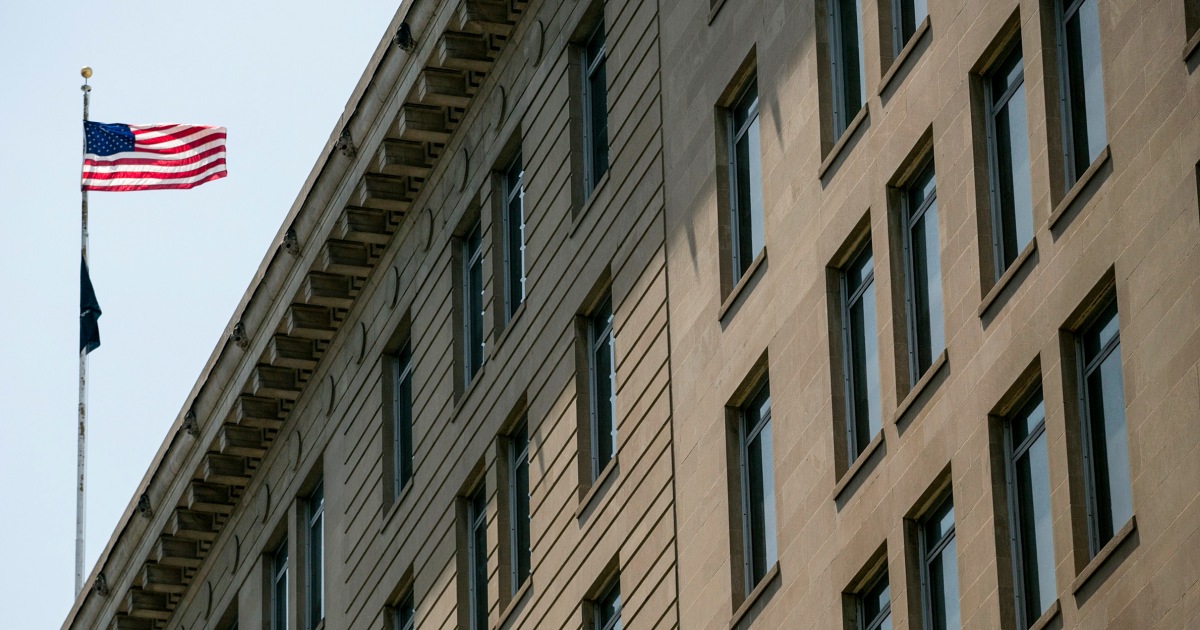Starting Tuesday, US military veterans in a suicidal crisis will be eligible to receive free emergency medical care at any Department of Veterans Affairs facility or at any private facility.
Unlike most other medical benefits, veterans do not have to be enrolled in the VA system to be eligible. More than 18 million veterans in the US you may be eligible.
The new policy, which the VA will announce Friday, will include up to 30 days of inpatient or crisis residential care and up to 90 days of follow-up outpatient care.
The VA already provides emergency suicide care, but with the new benefit, veterans won’t have to pay copays or fees for their care. If veterans receive care at a private facility instead of a VA facility, the government will cover the costs. The VA will also reimburse veterans for ambulance rides to hospitals.
“Veterans in suicidal crisis can now receive the free, first-rate emergency medical care they deserve, no matter where they need it, when they need it or if they are enrolled in VA care,” said VA Secretary Denis McDonough, in a statement. declaration. «This expansion of care will save veterans’ lives, and it doesn’t get any more important than that.»
The VA has about 9 million veterans enrolled in health care and about 9 million more who are not enrolled and potentially eligible for care. Under the new policy, they will be eligible for the same care at no cost.
The VA reported that 6,146 veterans committed suicide in 2020, or an average of 16.8 per day. While that number was 343 fewer than in 2019, suicide and veterans in crisis remain the VA’s top clinical priority.
About 5,000 veterans are hospitalized in acute psychiatric units each month, usually at imminent risk of harm, said Cliff Smith, director of analysis, innovation and collaboration within the VA Office of Mental Health and Suicide Prevention.
One of the challenges of getting care for veterans is that they worry they won’t be able to afford it, he said, and he hopes the new policy will ease that barrier to care.
“There have been a lot of situations where we know a veteran is in crisis somewhere but they’re not in the hospital,” Smith said. “There were many situations where we knew there was a need, but due to financial concerns we were unable to connect that need with a facility.
“We are addressing the anxiety associated with a bill or cost. That’s off the table,» Smith said, calling the new policy «hopefully life-changing for a lot of veterans.»
The new policy was required by a law passed in 2020 and signed by then-President Donald Trump called the Comprehensive Prevention, Care Access and Treatment for Veterans (COMPACT) Act of 2020.
“I am delighted with Secretary McDonough’s announcement,” said Rep. Mark Takano, D-Calif., former chairman and now ranking member of the House Veterans Affairs Committee, who introduced the bill that became in the COMPACT Law. «This new benefit takes cost out of the equation when veterans are at imminent risk of self-harm and allows them to access vital care when they need it most, regardless of whether the veteran has ever enrolled in or used health care benefits from GOES».

